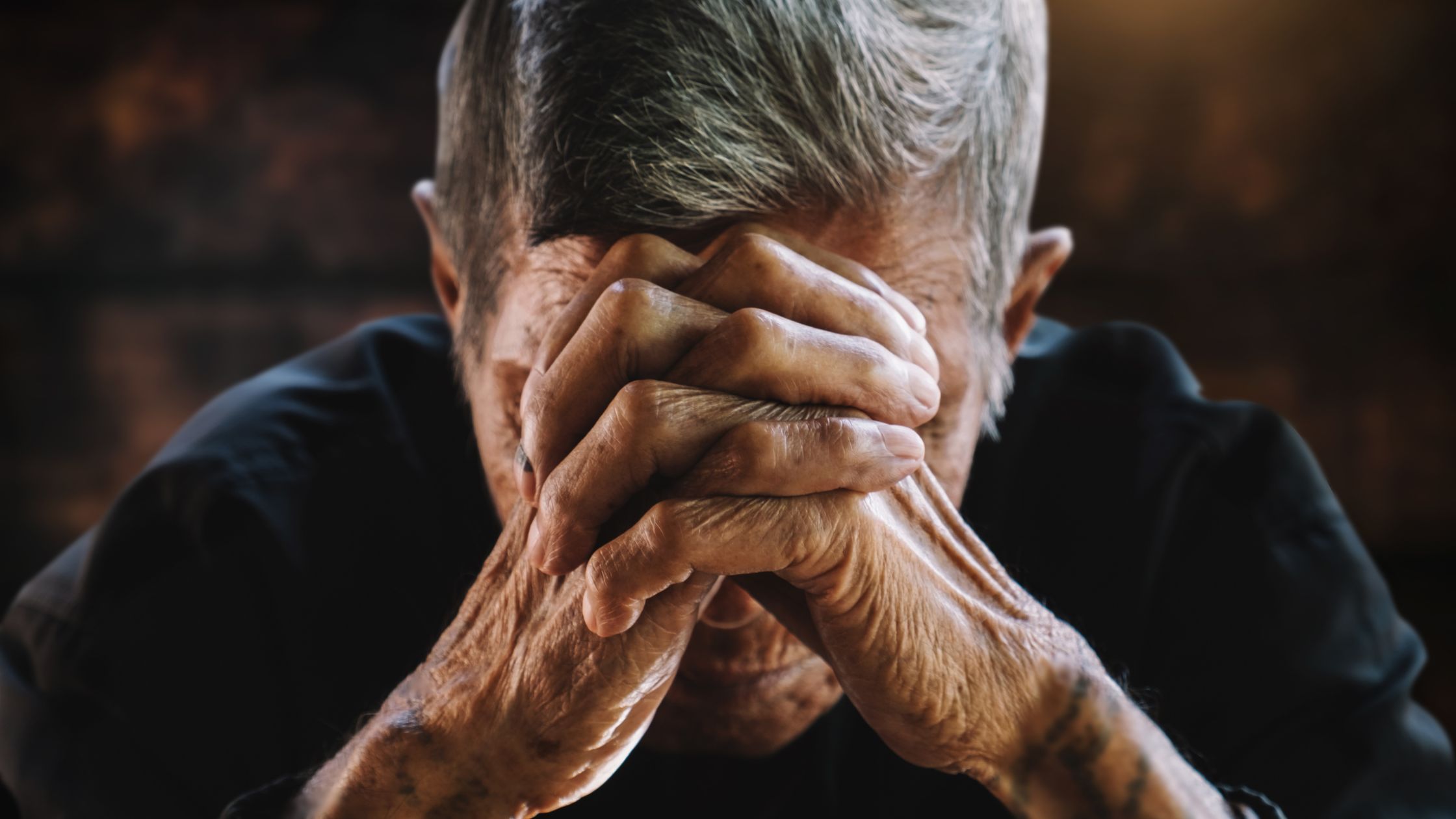
5 Warning Signs of Elder Abuse and How to Protect Your Loved Ones
You’ve noticed changes in your loved one. They seem withdrawn, nervous, or unkempt. When you ask staff or caregivers about it, they brush it off. But something in your gut tells you this isn’t normal aging—it’s something worse. This guide will help you recognize the five biggest warning signs of elder abuse and show you exactly what to do next to keep your loved one safe.
You hesitate. Am I overreacting? What if I’m wrong? What if I make things worse?
These are normal concerns, but elder abuse is more common than you think. The National Council on Aging estimates that 1 in 10 older adults experience some form of abuse, but most cases go unreported.
If you suspect something is wrong, you need to trust your instincts.
The 5 Warning Signs of Elder Abuse You Can’t Ignore
Unexplained Injuries or Frequent “Accidents”
Concern: “Mom used to be so steady on her feet—why does she suddenly have so many bruises?”
Injuries happen, but repeated or unexplained wounds are a major red flag.
What to Watch For:
- Bruises, cuts, burns, or fractures with no clear explanation.
- Injuries in unusual places (wrists, upper arms, inner thighs).
- Your loved one hesitates or looks nervous when asked about them.
Caregivers Might Say:
- “They fell.”
- “They bruise easily because of their medication.”
- “We don’t know how that happened.”
What It Could Mean: Physical abuse or neglect. Frequent falls can also indicate understaffing, meaning your loved one isn’t getting the supervision they need.
Sudden Personality Changes – Fear, Anxiety, or Withdrawal
Concern: “Dad used to love chatting on the phone, but now he barely speaks.”
If your once-social loved one suddenly withdraws, avoids eye contact, or seems fearful, something may be wrong.
What to Watch For:
- They flinch when touched or seem scared around certain caregivers.
- They avoid answering questions or repeat vague phrases (“I’m fine. Everything’s okay.”).
- They used to enjoy visits, but now they don’t want to see anyone.
It Could Mean:
Emotional or psychological abuse. They may be threatened, humiliated, or manipulated by caregivers.
Poor Hygiene, Weight Loss, or Signs of Neglect
Concern: “Why does Mom always seem dehydrated? And why are her clothes dirty?”
Aging comes with challenges, but basic hygiene, nutrition, and hydration should never be neglected.
What to Watch For:
- Bedsores, unchanged clothes, strong body odor.
- Sudden weight loss or signs of dehydration (dry skin, cracked lips, confusion).
- Overgrown nails, unbrushed hair, dirty sheets or soiled clothing.
It Could Mean:
Neglect due to understaffing or intentional mistreatment. Facilities sometimes cut corners on care, leaving seniors in unsanitary or unsafe conditions.
Unusual Financial Transactions or Missing Belongings
Concern: “Dad swore he never gave anyone access to his bank account, but there are withdrawals I don’t recognize.”
Seniors, especially those with cognitive decline, are vulnerable to financial exploitation.
What to Watch For:
- Unexplained bank withdrawals or charges.
- Missing valuables (cash, credit cards, jewelry).
- Changes to their will or power of attorney without their full understanding.
It Could Mean:
Financial abuse, often from caregivers, nursing home staff, or even family members.
Caregivers Dismissing or Avoiding Your Questions
Concern: “Every time I ask about Mom’s bruises, the staff just says, ‘She’s fine, don’t worry about it.'”
If caregivers seem evasive, irritated, or overly defensive, it could mean they’re hiding something.
What to Watch For:
- They avoid direct questions or change the subject.
- You’re discouraged from visiting or told to “come back another time.”
- Medical records aren’t available or don’t match what you’re seeing.
It Could Mean:
A facility may be covering up abuse, neglect, or unsafe conditions.
What to Do If You See These Warning Signs
Trust Your Instincts—If It Feels Wrong, It Probably Is
- Don’t second-guess yourself. Many people ignore red flags until it’s too late.
- Elder abuse rarely stops on its own—someone has to intervene.
Document Everything
- Take photos of injuries or neglect.
- Keep records of behavior changes.
- Save bank statements (for financial abuse cases).
Ask Direct Questions
- “Mom, has anyone hurt you?”
- “Have you been getting your medicine on time?”
- “Has anyone taken money from you?”
Report It to the Right Authorities
- For immediate danger: Call 911.
- For nursing home abuse: Report to the New Jersey Department of Health (NJDOH) at 1-800-792-9770.
- For financial abuse: Contact Adult Protective Services (APS) in your county.
- For emotional or physical abuse: Call the Long-Term Care Ombudsman at 1-877-582-6995.
How to Prevent Elder Abuse Before It Happens
- Visit Often & Unannounced – Surprise visits catch neglect in action.
- Get to Know the Staff – Involved families get better care for their loved ones.
- Use a Camera (If Legal in Your State) – Hidden cameras document abuse.
- Educate Your Loved One – Make sure they know their rights and feel safe speaking up.
You Are Your Loved One’s Best Advocate
Elder abuse thrives in silence. If you notice signs of elder abuse, don’t ignore them. You are their voice, their protector, and their best advocate.
Concerned about abuse? Don’t wait. Call the NJDOH at 1-800-792-9770 today.
Your loved one deserves safety, dignity, and respect. You can make that happen.
